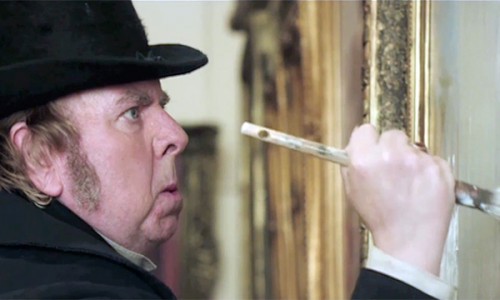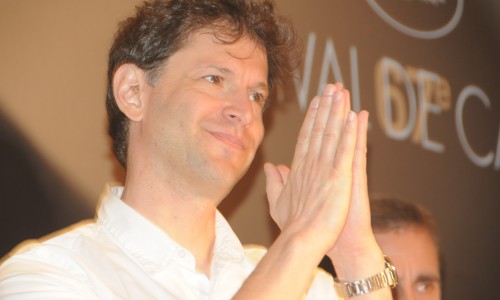
With two British films among the eighteen in the official competition in Cannes, the chances of an award were high and Timothy Spall was named the best actor of the festival, as he grunted his way through Mike Leigh’s sumptuous biopic of the nineteenth century painter JMW Turner. He’d been bridesmaid many times before, he joked, but this was the first time he’d ever been the bride.
Last year’s award winner, Bruce Dern, saw is role in Nebraska lead to an Oscar nomination too, so Spall could be packing his suitcase for a trip to LA early next year.
But the film itself missed out on an award in its own right, with the top prize of the festival, the Palme d’Or, going to the Turkish director Nuri Bilge Ceylan for his three-and-a-quarter hour long family drama, Winter Sleep.
The second prize, or Grand Prix, went to Alice Rohrwacher for The Wonders, while third place, the Jury Prize, was shared between the oldest and youngest directors in competition, 25 year old Canadian Xavier Dolan, for Mommy, and 83 year old Jean-Luc Godard, for his 3D experiment, Goodbye to Language.

The jury, headed by Jane Campion, named Bennett Miller as the best director for Foxcatcher, while Leviathan took the best screenplay award and Julianne Moore was the unexpected Best Actress winner for David Cronenberg’s Hollywood satire, Maps to the Stars.
The awards brought the festival to a close a day earlier than normal, because of the European parliamentary election, meaning that the awards for the generally more artistic side-bar, Un Certain Regard, were brought forward a day earlier too. Its top prize went to Hungary’s White God. It’s runner-up prize went to Force Majeure, with the third place going to The Salt of the Earth, a documentary about the Brazilian photographer Sebastiao Delgado, made by his son, with Wim Wenders.
Un Certain Regard’s prize for acting went to Party Girl, which also took the Camera d’Or, the honour for the best first film at Cannes.
